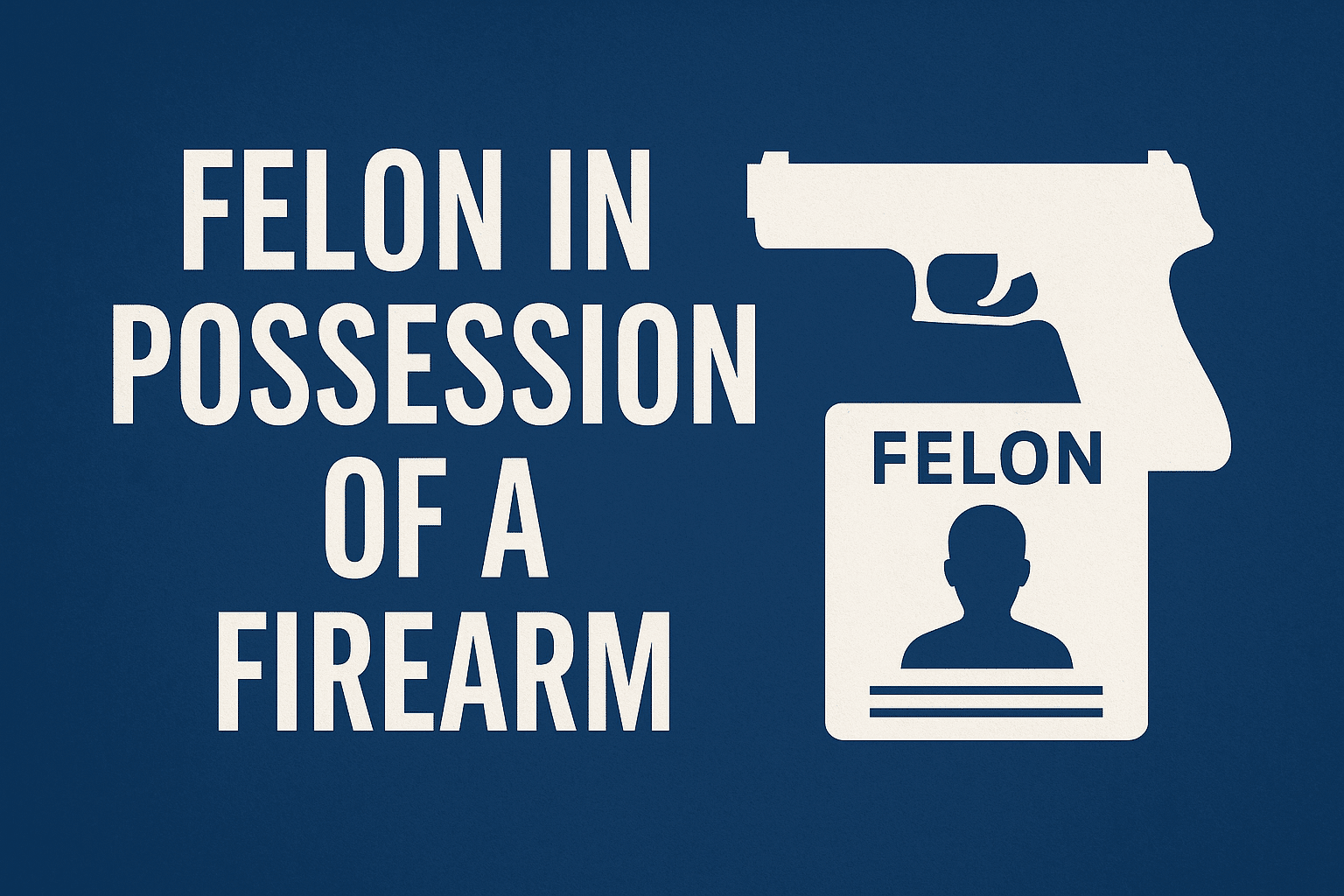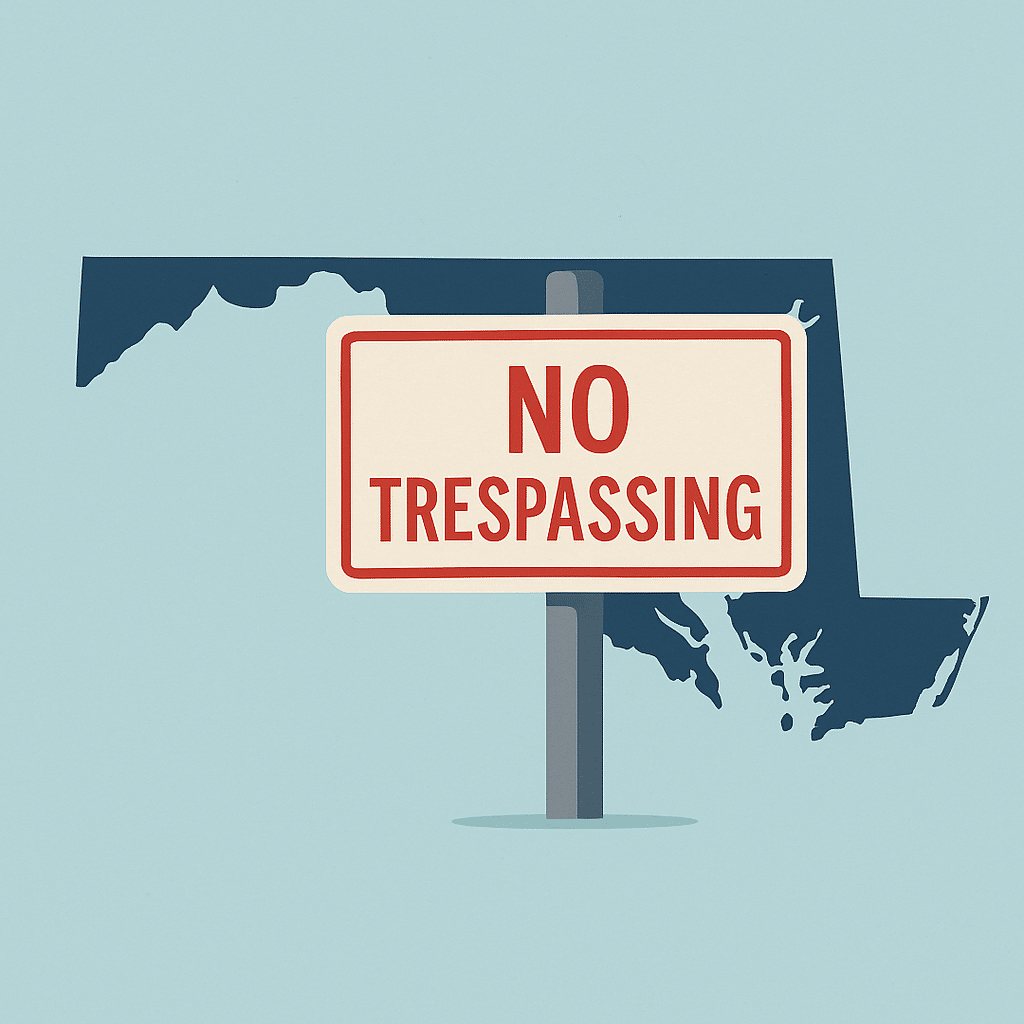Being charged as a felon in possession of a firearm in Maryland is one of the most serious gun-related offenses a person can face. While federal law also prohibits convicted felons from owning guns, Maryland has its own strict laws and penalties that apply even if a firearm never crosses state lines. Understanding these laws—andRead More
Maryland Trespassing Laws: What You Need to Know
Trespassing laws in Maryland are governed by Title 6, Subtitle 4 of the Maryland Criminal Law Code, and they are more serious than many people realize. Whether you own property in Prince George’s, Charles, Calvert, or St. Mary’s Counties—or anywhere else in Maryland—understanding these laws can help you protect your rights and avoid criminal charges.Read More
How Long Does Expungement Take in Maryland?
If you’re wondering how long expungement takes in Maryland, the answer is that it typically takes about 90 days—but it can be longer depending on your case, the county, and whether anyone objects to your petition. While some cases move quickly through the courts, others can take several months or even up to a yearRead More
What Happens If You Don’t Stand for a Judge in Maryland Courts?
Standing when a judge enters or exits the courtroom may seem like a small gesture, but in Maryland it carries meaning. If you’ve ever asked “what happens if you don’t stand up for a judge?”—especially here in Maryland—this post explains what could happen, how the courts treat that behavior, and what rules govern contempt inRead More
Is Mace Legal in Maryland? What You Need to Know
Is mace legal in MD? The short answer is yes — pepper spray and chemical mace are legal in Maryland, but only under specific conditions. The law allows citizens to carry mace for self-defense, but it also places strict limits on how and where it can be carried. Understanding those rules is crucial if youRead More





